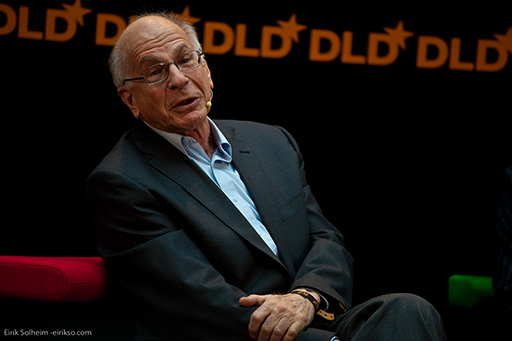2.1 The power of intuition
For many people in organisations, the feeling of being overwhelmed by too many projects, too many objectives and fast-moving ambiguity is all too familiar. Your world may feel complex, messy and ill-structured. The information you need is incomplete, the time required to make decisions is limited and the outcome of the decision is uncertain. People may have hopelessly unrealistic expectations about how long tasks will take and there might be an ever-present pressure to act before a complete picture is available. You may find yourself engaged in an intuitive mode of executive action where ‘thinking’ is inseparable from ‘acting’.
In this situation, building on your experience and accumulated expertise, your unconscious may allow you to conjure effective ways of doing things before you have conscious experience of what you are doing, leading to creative and unexpected outcomes.
In his 2011 work, Thinking, Fast and Slow, the Nobel Prize Winner Daniel Kahneman distinguished between System 1 and System 2 thinking:
- System 1 operates automatically and quickly, with little or no effort and no sense of voluntary control
- System 2 allocates attention to the effortful mental activities that demand it, including complex computations

System 1, in other words, is your intuition at work. Connson Chou Locke (2015) argues that intuition is most effective when three conditions apply:
- when you have expertise in any given situation, allowing you to draw upon knowledge that you have developed over the years
- when the problem is unstructured: ‘An unstructured problem is one that lacks clear decision rules or has few objective criteria with which to make the decision’
- when you don’t have the time for detailed analysis.
Managers must take notice when intuition calls. Good judgement depends on being able to recognise the things you didn’t know you were looking for.
